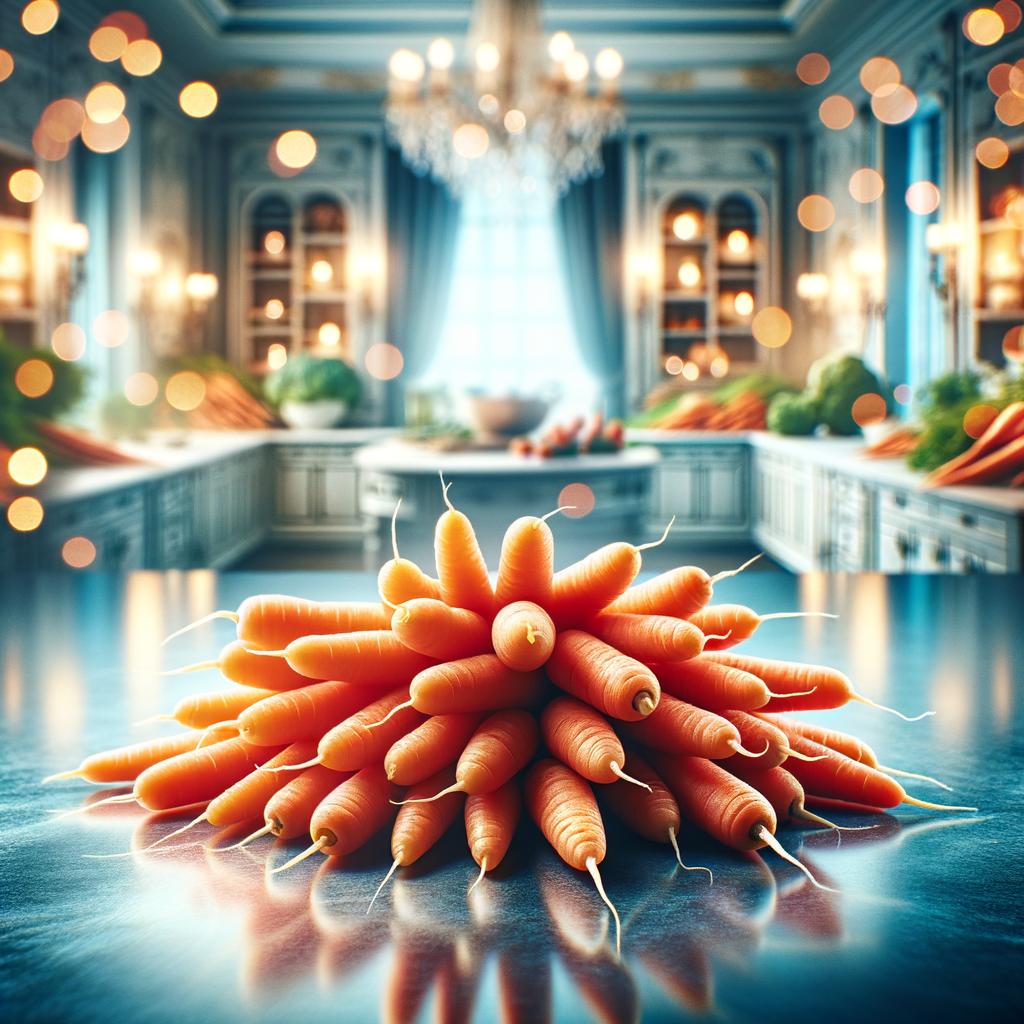Baby Carrots

Description
Our ingredient today is the delightful Baby Carrot, a small, vibrant orange gem that brings a burst of color and sweetness to any dish. These petite versions of the full-sized carrot are well-known for their smooth, glossy appearance and their crisp, crunchy texture. They are sweeter and more tender than their larger counterparts, making them a favorite among children and adults alike. What sets Baby Carrots apart is their size, which is achieved through a process of harvesting the carrots when they are still young or cutting and shaping larger carrots into these bite-sized pieces.
Primary Uses
Baby Carrots are incredibly versatile in the culinary world. They are commonly eaten raw as a snack, often accompanied by a variety of dips. They can be steamed, boiled, roasted, or sautéed and are a staple in a range of cuisines, from a traditional English roast to a hearty French stew or an Asian stir-fry. Baby Carrots also play a significant role in the juicing world, providing a sweet base for many vegetable juices. Beyond their culinary uses, they are often used in educational settings as a tool to teach children about healthy eating.
History
The history of the Baby Carrot is rather modern and intriguing. They were invented in the 1980s by a Californian farmer named Mike Yurosek who was looking for a way to prevent wasting imperfect, full-sized carrots. He began cutting and shaping these into smaller, more appealing pieces, and thus, the Baby Carrot was born. This innovation revolutionized the carrot industry and has made carrots one of the most popular vegetables in the United States. There's a romantic notion to the idea that Baby Carrots were born out of a desire to reduce waste and make healthy eating more appealing.
Nutritional Information
Baby Carrots are not just a tasty treat; they are also packed with nutritional benefits. They are rich in beta-carotene, which the body converts into Vitamin A, essential for good vision, skin health, and immune function. They also provide Vitamin C, some B vitamins, and dietary fiber. Like all carrots, they are low in calories and virtually fat-free. Their high water content can help keep you hydrated, and their fiber can help maintain a healthy digestive system. When compared to full-sized carrots, Baby Carrots offer similar nutritional benefits but in a smaller, snack-sized package. Their sweetness and size make them an ideal choice for encouraging children to consume more vegetables.

